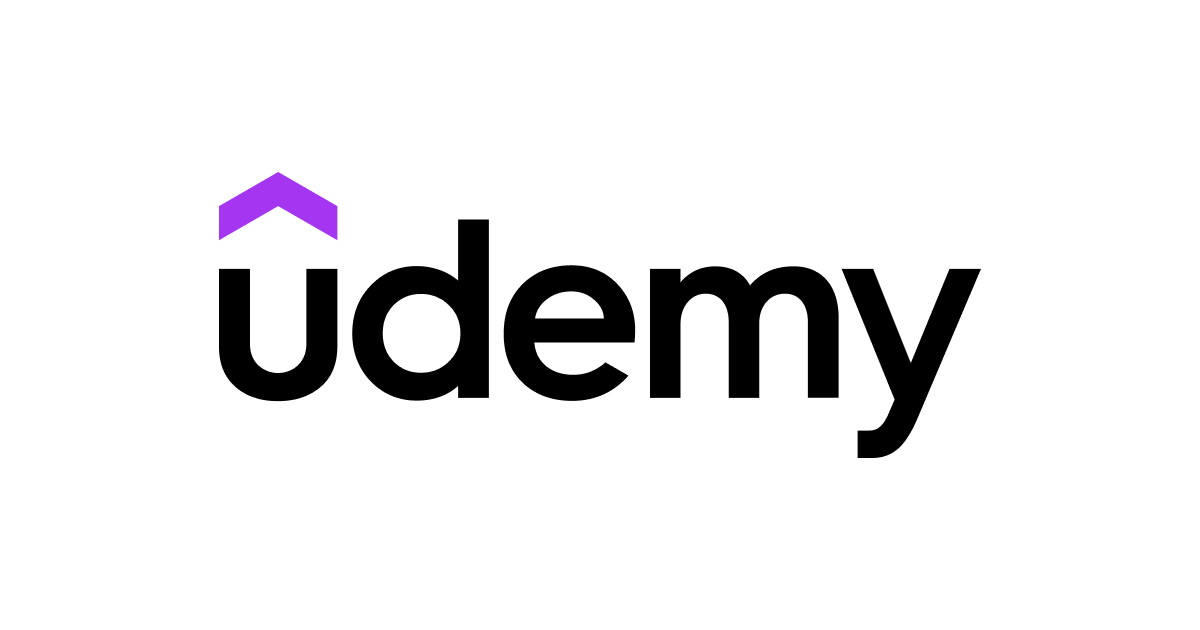Introduction to the economics of public services regulation
What you’ll learn
-
Understand WHY key essential public services need some regulatory supervision
-
Learn HOW to think through the regulatory needs as an economist
-
Have a good sense of HOW to regulate WHAT and WHEN
-
Learn the core dimensions of the basic ECONOMIC TOOLS of regulation as they are used in the real world when regulation is taken seriously by the authorities
This course focuses on how best to regulate (public or private) firms responsible for the delivery of what are commonly viewed as public services in the context in which the service providers enjoy significant market power. The lectures get into both the theory and the practice of regulation. The main illustrations of the concepts are from the infrastructure industries (airports, energy, rail, roads, ports, telecoms, water and sanitation). These sectors represent investments and maintenance expenditures of 5-20% of GDP (depending on the level of development of the country) and are major contributors to the growth capacity of countries and of their competitiveness. . They also represent a very large share of the required spending of every household. The poorer the household, often, the higher the share it needs to spend on these public services. Finally, because of the high amounts invested in the sector and the large size of many of the projects required, these services are quite exposed to corruption risks. This is why these services are so politically sensitive and why governments, non-governmental organization and other stakeholders spend a lot of energy debating how best to regulate them.. By the end of the class, you will see that the key issues you’ll learn are representative of many of the trade-offs covered in the ongoing policy debates and you should be able to develop your own view on what desirable regulatory policies and institutions should be in public services, and probably more generally.
Who this course is for:
- Economics students (3rd years BA and, as a complement to more technical classes 1st year MA), Public policy students
- Regulators and their advisors
- NGOs
- Regulated firms
- Concerned residential and non-residential consumers
- Members of regional, national and supranational parliaments
- Economics students
- Public policy students
- Project finance specialists concerned with regulatory issues
10 reviews for Introduction to the economics of public services regulation
Add a review

Original price was: $19.99.$15.99Current price is: $15.99.




Magdalena Leisten Johansson –
I certainly learned a great deal in regulation. The course deepened my understanding on the subject and undoubtedly inspired me for futher learning. I am sure I will be returning to some of the course material. This course exceeded my expectation, Thank you !
Brancart Marie-Laure –
This course is really well given and really help to understand the roots of regulation of public services.
Salvador Bertoméu-Sánchez –
Great course to understand the basics of the economics of regulation. The lecturer gives great explanations demonstrating his knowledge and experience on the sector.
Maria Petelska –
I like, interesting schema, conclusions, even more of them could be better so we can follow exactly the points we are concerned with, maybe shorter intro at each beginning of video
Rithvika P –
This course broke many of my presumptions towards regulation! As an economics honors student, this course has managed to provide intricate insights! Thank you very much!
Khoujlani loubna –
Overall i enjoyed the course , I liked that everything was straight forward and i learned better the whole concepts about regulation and it was easier than just reading it from books…
Grzegorz Przesniak –
Ce cours m’a plus énormément ! Les explications sont claires et monsieur Estache maitrise parfaitement le domaine de la régulation ! De temps en temps, la cadence s’accélérait ce qui me contraignait à revenir en arrière pour mieux comprendre le contenu mais c’est un petit “soucis” personnel. Le seul petit bémol que je pourrais souligner est la qualité des vidéos des intervenants mais elles étaient intéressantes. Merci beaucoup !
Hakan Eryürük –
A very interesting approach. It allows us to learn a lot about how well public goods work in a short period of time.
Paula Bianca Martinez –
If only the transcript of the video is accurate. The video should also have complete subtitles since the lecturer talks quite fast.
Soumya Deep Das –
The overall experience was excellent. The only issue was that the English Subtitles (CC) did not work properly and the lectures provided by the majority of the GUEST LECTURERS was not audible which would been not an issue if the English Subtitles worked propoerly.